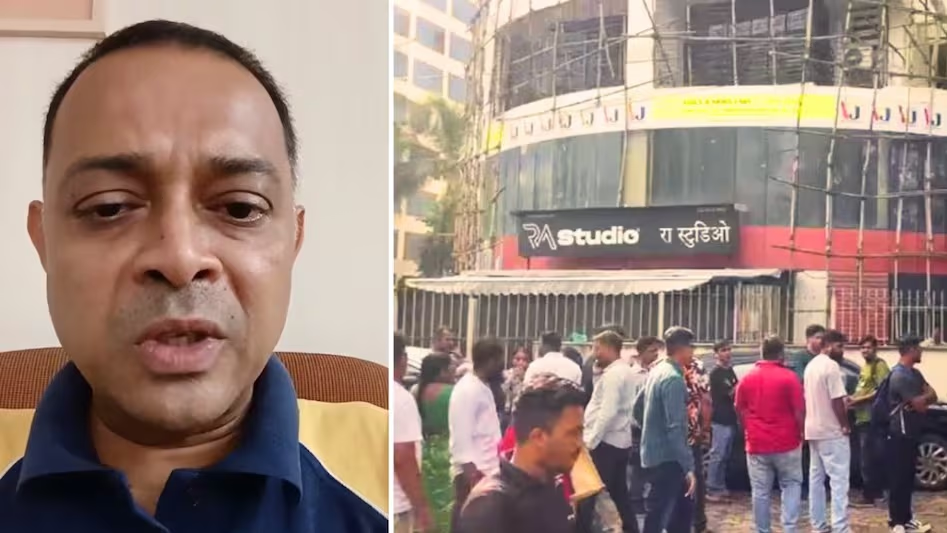In response to the rising tide of online frauds, particularly those labeled as 'Digital Arrest', India's cyber watchdog CERT-In released an advisory over the weekend. This advisory reveals more than a dozen cunning tactics employed by fraudsters to deceive people online. On Sunday, Prime Minister Narendra Modi, too, cautioned the masses against such frauds during his 'Mann Ki Baat' broadcast.
The Computer Emergency Response Team of India (CERT-In) has classified 'Digital Arrest' as an online scam. Official agencies never communicate via platforms like WhatsApp or Skype. Typically, victims receive a phone call, email, or message claiming they are under investigation for illegal activities such as theft or money laundering.
Quickly posing a threat of arrest or legal action, online scammers induce panic in the victim, pressuring them to transfer money to escape the situation. However, it's crucial not to panic or succumb to pressure in such scenarios, as panic can lead to significant financial loss.
The advisory underscores that no money should be transferred under pressure. It states, "If someone demands money via call or online, it's most likely a scam. Staying alert and informed is vital to combat this rising cyber threat." Prime Minister Narendra Modi has spoken of this in his 'Mann Ki Baat' program.
Prime Minister Modi emphasized that online scams have impacted all sections of society and proposed the mantra "Stop, Think, and Act." Investigative agencies are collaborating with states to address the issue, but awareness remains key for self-protection. The Prime Minister advised, "Remain cautious against frauds like 'Digital Arrest'."
No investigative agency ever contacts for such investigations via phone or video calls. In such situations, one should call the National Cyber Security Helpline number 1930 or inform the police at www.cybercrime.gov.in. The advisory also touches on other online frauds, such as phishing scams and lottery scams.
Scammers also exploit people via online dating scams, job scams, technical support scams, and investment scams. Investment scams are highly prevalent, where cybercriminals lure people with promises of enormous returns and then abscond with their money. In cash-on-delivery scams, perpetrators create fake online stores.
They accept COD orders, delivering counterfeit goods to extract money fraudulently. Additionally, scam artists create convincing websites or social media profiles to solicit donations for phony causes like disaster relief or health initiatives, using heart-tugging images or stories to emotionally manipulate people into transferring money.




